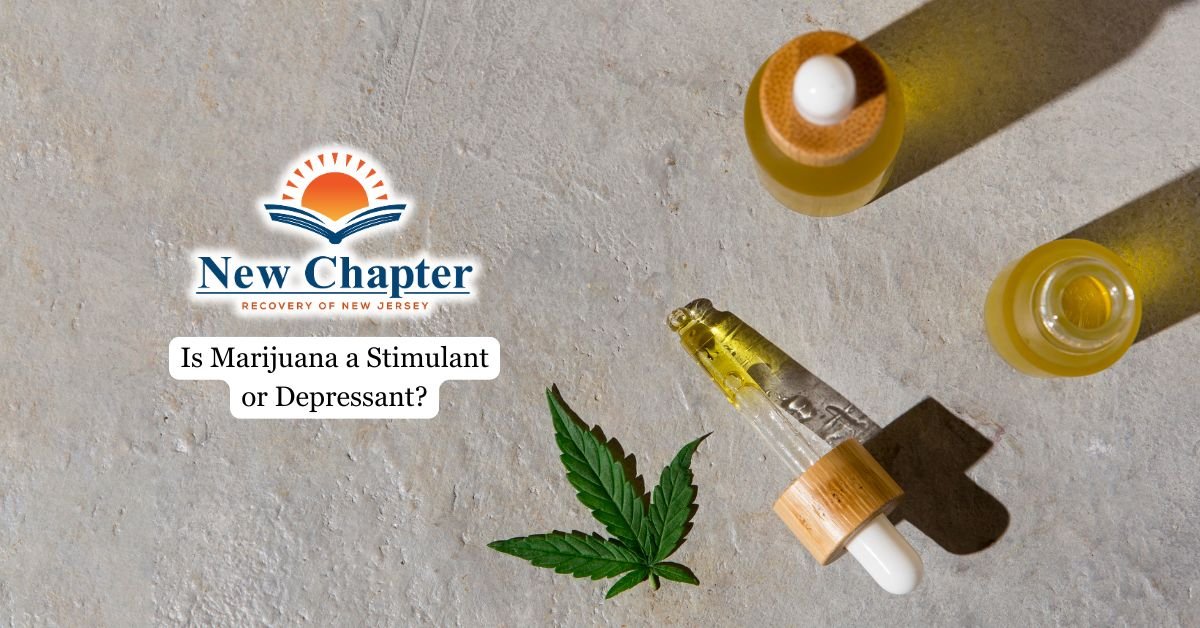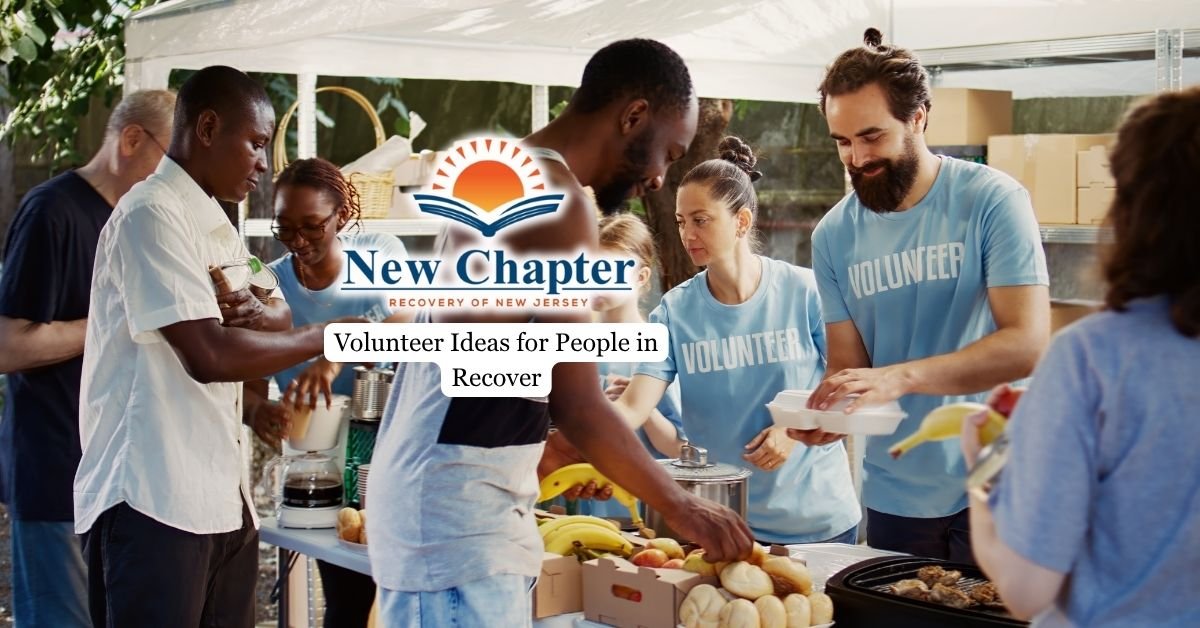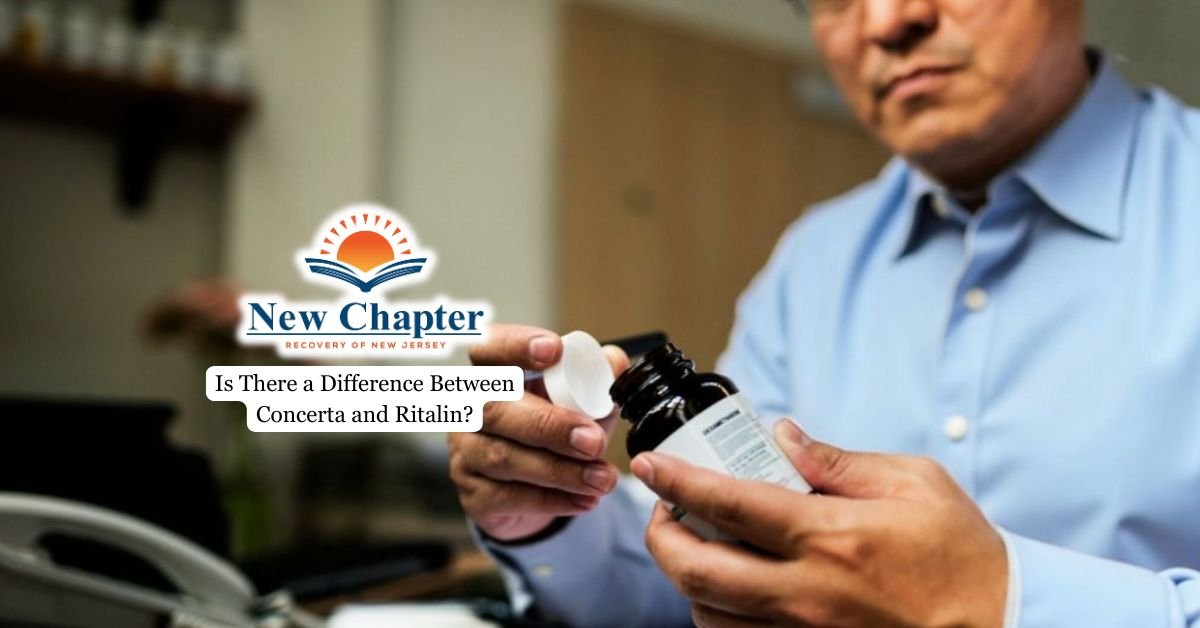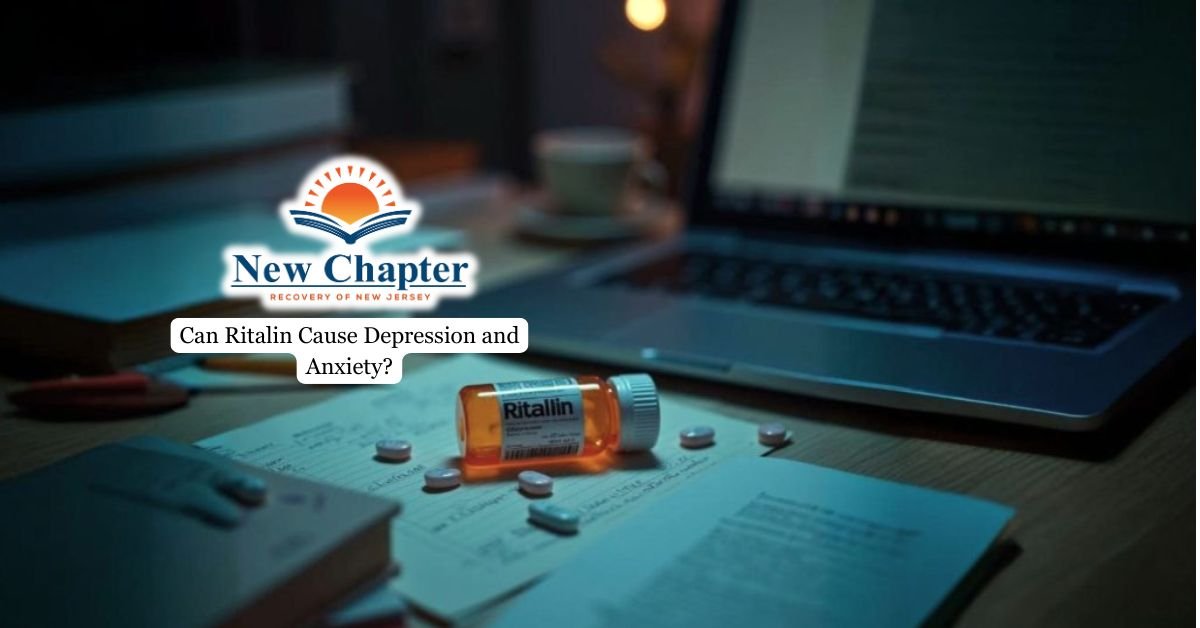Fireworks, barbecues, and festive gatherings make July 4th one of the most anticipated holidays of the summer, but for those in recovery, it can also be one of the most challenging. With alcohol often taking center stage at celebrations, maintaining sobriety on Independence Day requires deliberate planning, clear intention, and strong support. However, choosing to stay sober on July 4th doesn’t mean sacrificing the fun.
Whether you’re new to sobriety or have years of recovery under your belt, these seven tips will help you create a safe, fulfilling, and memorable July 4th—no alcohol necessary.

Start Your Day with a Recovery Meeting
Attending a recovery meeting on the morning of July 4th can serve as a practical strategy for maintaining sobriety during holiday celebrations. These meetings offer structured support and evidence-based coping techniques from individuals with direct experience managing addiction recovery during high-risk occasions.
Morning meetings provide specific benefits: participants can discuss anticipated challenges, review relapse prevention strategies, and establish accountability measures for the day ahead.
The timing allows individuals to address concerns before encountering triggers such as social pressure, alcohol availability, or emotional stressors common during holidays. Participants typically exchange contact information, creating immediate access to support if difficulties arise later.
If it’s hard for you to resist drinking alcohol not only during the Fourth of July celebrations but in everyday life, opting for alcohol addiction treatment in NJ will provide you with the proper care and guidance to a sustained recovery.
Choose Your Celebrations Carefully
Opting for a sober 4th of July event or gatherings that are intentionally alcohol-free can make a significant difference in your experience and help you stay committed to your sobriety goals. By prioritizing alcohol-free environments, you reduce exposure to common triggers and social pressures that often accompany holiday festivities.
Seek out events that focus on activities, food, or entertainment rather than drinking, or consider hosting your own sober celebration where you set the tone and ensure everyone can have fun without alcohol.
Being selective about which invitations you accept and communicating your needs to friends and family allows you to fully enjoy the holiday while protecting your well-being and celebrating your independence from substances.
Bringing Your Own Beverages
Bringing personal beverages to 4th of July celebrations allows individuals to manage their drink choices during celebrations. This practice enables those avoiding alcohol to maintain their preferences without relying on host-provided options. Non-alcoholic beverages include carbonated water, soft drinks, juice-based mocktails, and specialty sodas.
Having prepared beverages reduces the need to search for suitable options at events where alcohol may be the primary offering. Bringing additional servings can accommodate other guests who may prefer or require non-alcoholic choices.
This approach minimizes potential social pressure and eliminates the need for explanations about drinking preferences.
Create an Exit Strategy
Having an exit strategy is essential when celebrating the Fourth of July, especially if you know you’ll be around alcohol. Before attending any event, plan how you’ll leave if you start feeling uncomfortable or triggered. Let a sober friend know your plans so they can support you, or arrange to attend together for added accountability. If cravings or stress arise, don’t hesitate to call your sponsor for guidance and encouragement—they’re there to help you stay on track.
Setting a specific departure time before arrival creates structure and reduces decision-making pressure during the event.
Preparing neutral explanations for leaving, such as prior commitments, helps navigate social situations without detailed disclosures.
Communicate Your Needs
Communicating sobriety requirements at social events involves several practical considerations.
Prior to gatherings, individuals in recovery benefit from informing hosts and attendees about their alcohol-free status and specific accommodation needs.
Clear communication regarding personal triggers and requests for non-alcoholic beverage alternatives helps establish appropriate event parameters.
Discussing recovery-related boundaries with your support system allows others to understand and accommodate these requirements.
Timing these conversations in advance of events allows hosts to make necessary adjustments to their plans.
This approach reduces potential awkwardness during the event itself and establishes clear expectations for all participants.

Keeping Yourself Busy and Engaged
Keeping yourself busy and engaged is a powerful way to maintain your sobriety, especially when the temptation of “just one drink” or the fear of missing out starts to creep in. By actively participating in games, helping with food preparation, or organizing group activities, you can shift your focus away from alcohol and toward meaningful connections and fun.
Prioritizing self-care — whether it’s taking a walk, practicing mindfulness, or simply stepping away for a few moments of quiet—can also help you stay grounded and resilient.
Celebrating Your Independence
Celebrating the 4th of July sober offers a unique opportunity to honor not just the nation’s independence, but also your own journey of sober independence. For anyone in recovery from drug and alcohol use, this holiday can take on a deeper, more personal meaning.
Instead of focusing on what you might be missing, take time to reflect on the freedom you’ve gained through sobriety—freedom from cravings, unhealthy habits, and the limitations substances once imposed on your life. Use this day to celebrate your progress, whether by sharing your story with others, starting new traditions, or simply enjoying the clarity and joy that comes with living substance-free.
By embracing recovery from drug and alcohol use as a true form of independence, you turn July 4th into a powerful reminder of your strength, resilience, and the bright future that lies ahead.
Final Thoughts from New Chapter Recovery
As you prepare to celebrate the Fourth of July, remember that choosing a life of sobriety is a powerful act of independence in itself. By following these tips for staying sober, you can enjoy a Fourth of July without alcohol, filled with meaningful moments, genuine connections, and a renewed sense of freedom.
At New Chapter Recovery, we understand the unique challenges that holidays can bring for those in recovery from alcohol addiction. Our alcohol addiction rehab in New Jersey is here to support you every step of the way, offering compassionate care, evidence-based therapies, and spiritual guidance to help you build a strong foundation for lasting sobriety.






